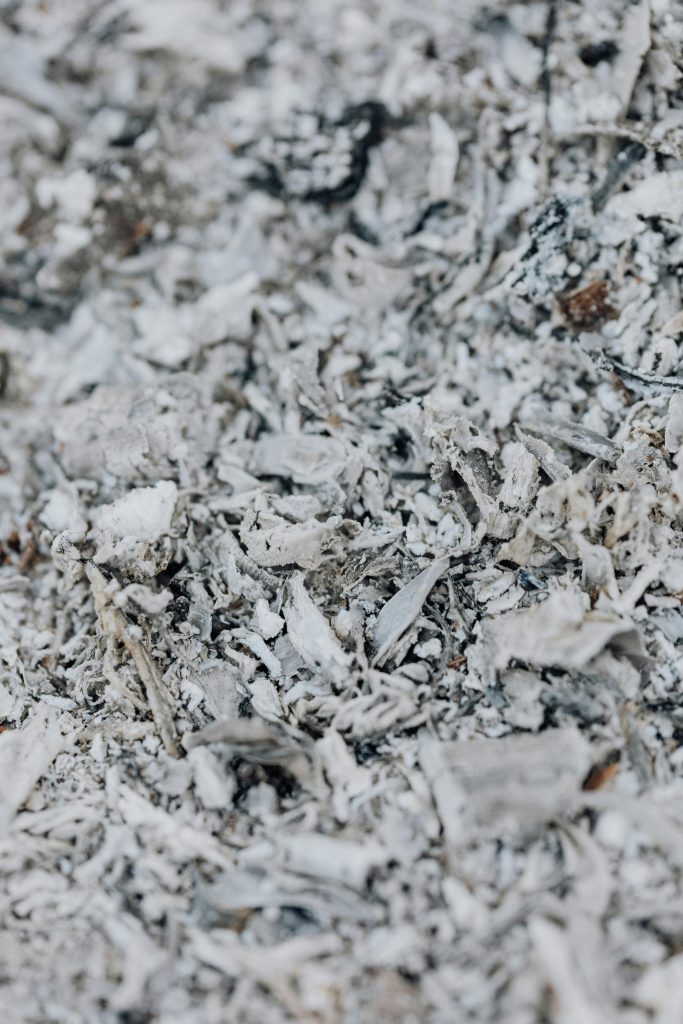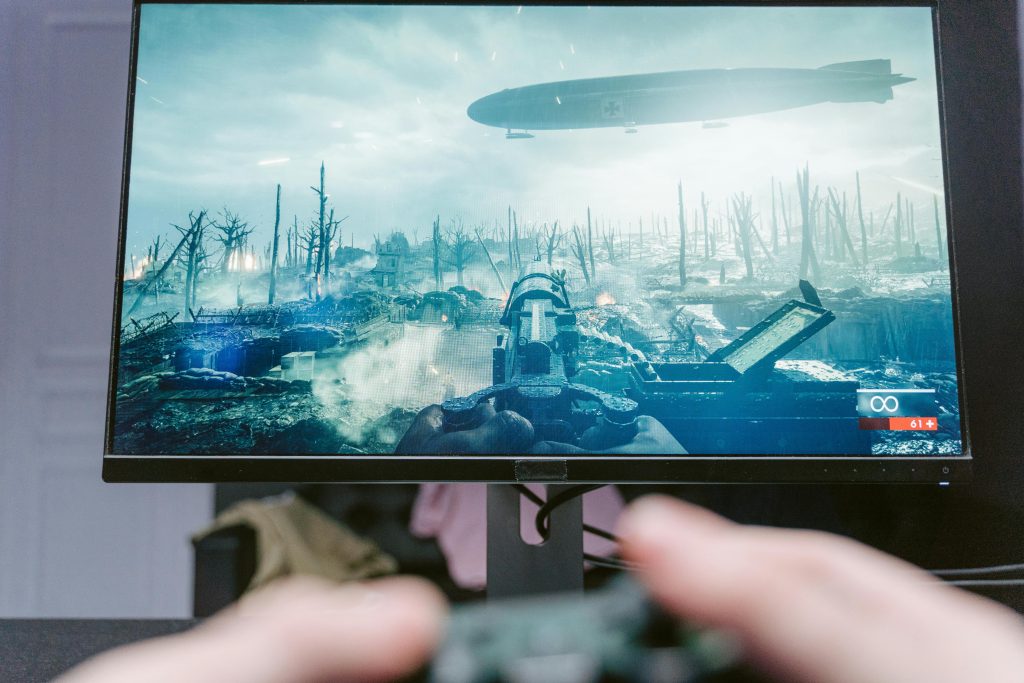Analyzing Performance and Thermal Management Challenges on the MSI Stealth 17 Studio A13VH with Intel Core i9-13900H
Introduction
High-performance laptops, such as the MSI Stealth 17 Studio A13VH, are designed to deliver powerful computing experiences, especially for gaming and demanding applications. However, users sometimes encounter issues related to thermal performance and power regulation that can hinder optimal operation. This article explores common challenges associated with thermal throttling and power limit settings on the Intel Core i9-13900H processor within this specific laptop model, and offers insights into troubleshooting strategies.
Overview of the Issue
Recent observations by an MSI Stealth 17 Studio A13VH owner indicate performance inconsistencies during gameplay, notably in titles like Battlefield 6 (BF6). The user reports that the system exhibits a persistent Power Limit (PL1) throttling at approximately 50W, despite BIOS configurations set to support 62W. Additional modifications, such as undervolting the CPU by -100mV, were attempted to improve thermal characteristics, but the system continues to experience thermal throttling, with CPU temperatures reaching up to 95°C as recorded by monitoring tools like HWInfo and ThrottleStop.
Key Observations
-
Power Limit Throttling: The system enforces a PL1 cap of around 50W during intensive tasks, which is below the manufacturer’s intended configuration of 62W. Adjusting power settings to higher thresholds (e.g., 65W with reduced undervolting) temporarily alleviates issues but does not eliminate the problem.
-
Thermal Throttling: Despite adjustments, persistent temperature spikes occur even during simple desktop operations, suggesting inadequate thermal management or compromised cooling efficiency.
-
Hardware and Service History: The laptop underwent a cleaning service a month prior, which reduced temperatures across the GPU and RAM but did not significantly impact CPU thermal behavior. Diagnostic checks reported all hardware components as functioning normally.
Potential Causes and Considerations
Several factors may contribute to the observed performance limitations:
-
Thermal Paste Degradation or Cooling System Issues: Over time, thermal paste can dry out or become less effective, hindering heat dissipation. Dust accumulation or degraded thermal pads can also impair cooling performance.
-
Inadequate Cooling Design or Airflow: The design of the chassis and cooling vents plays a critical role in managing heat. If airflow is restricted or the cooling system is insufficient for the high thermal output of the i9-139
Share this content:



